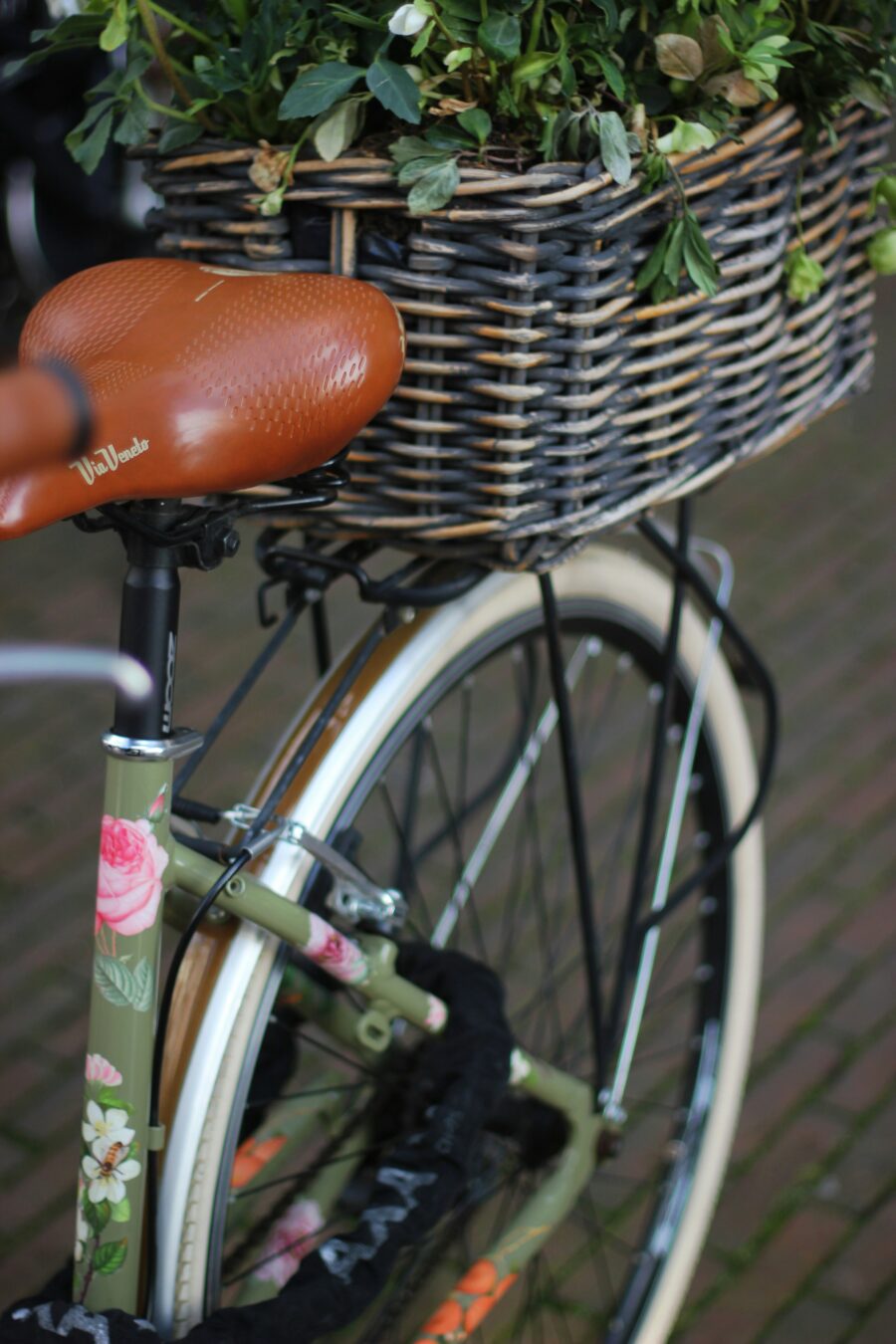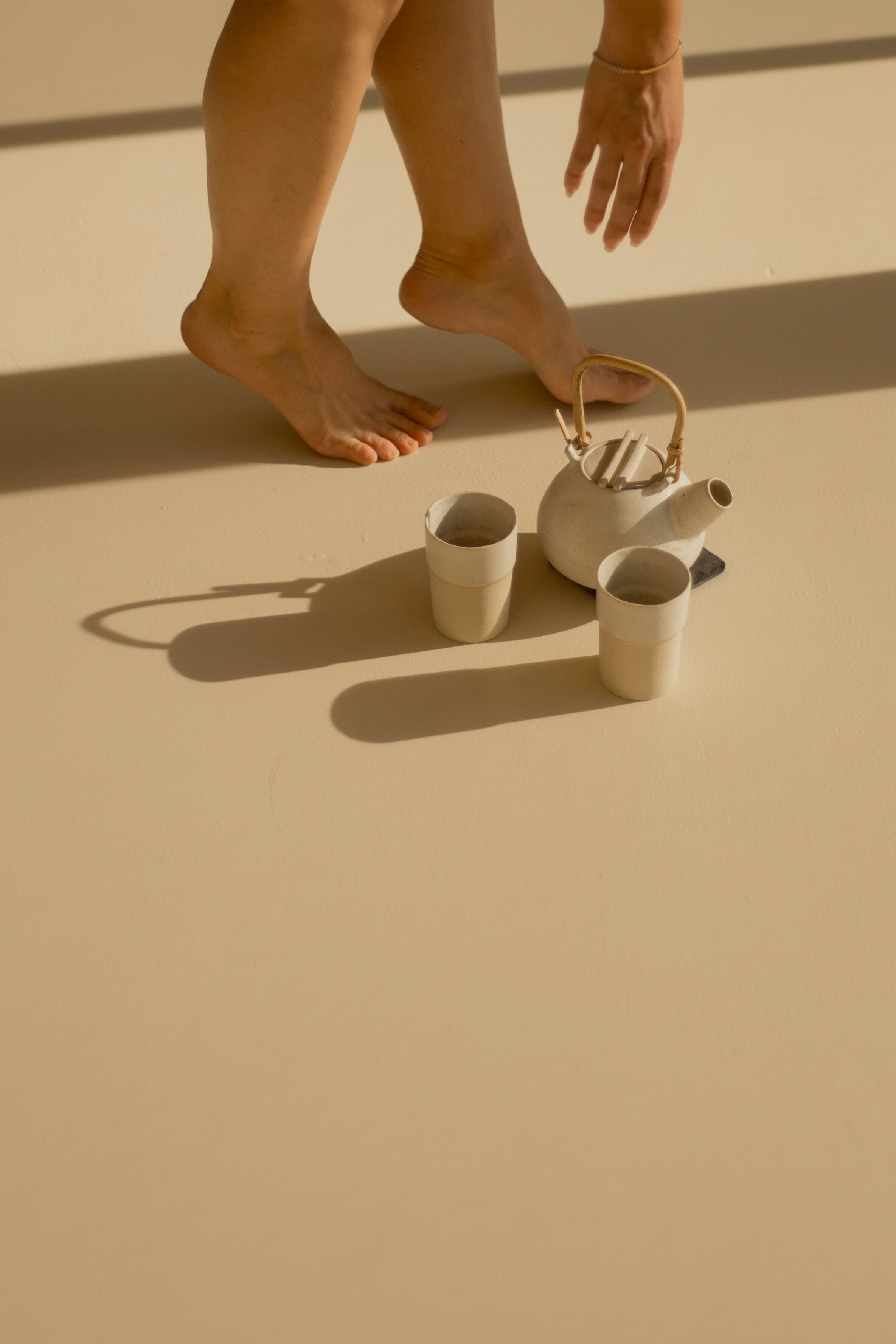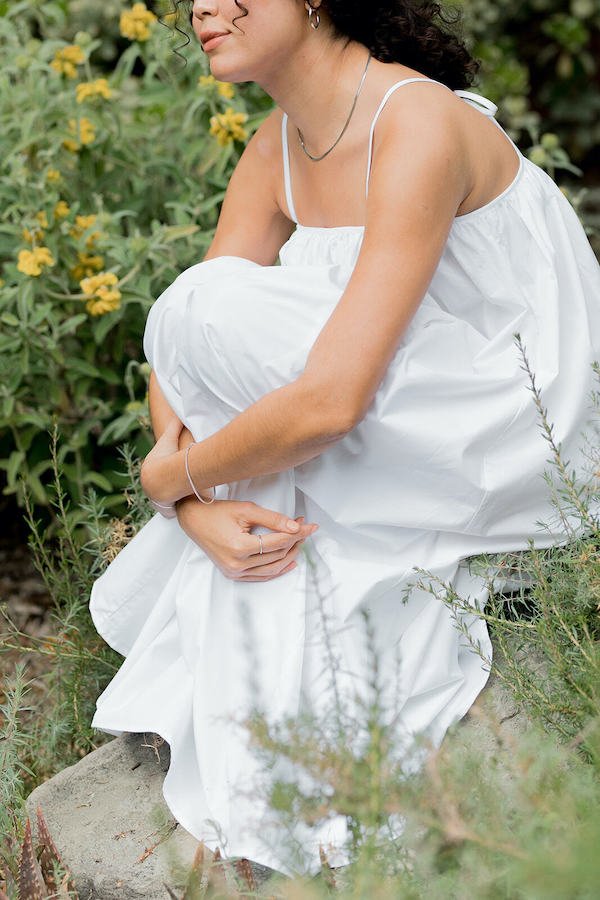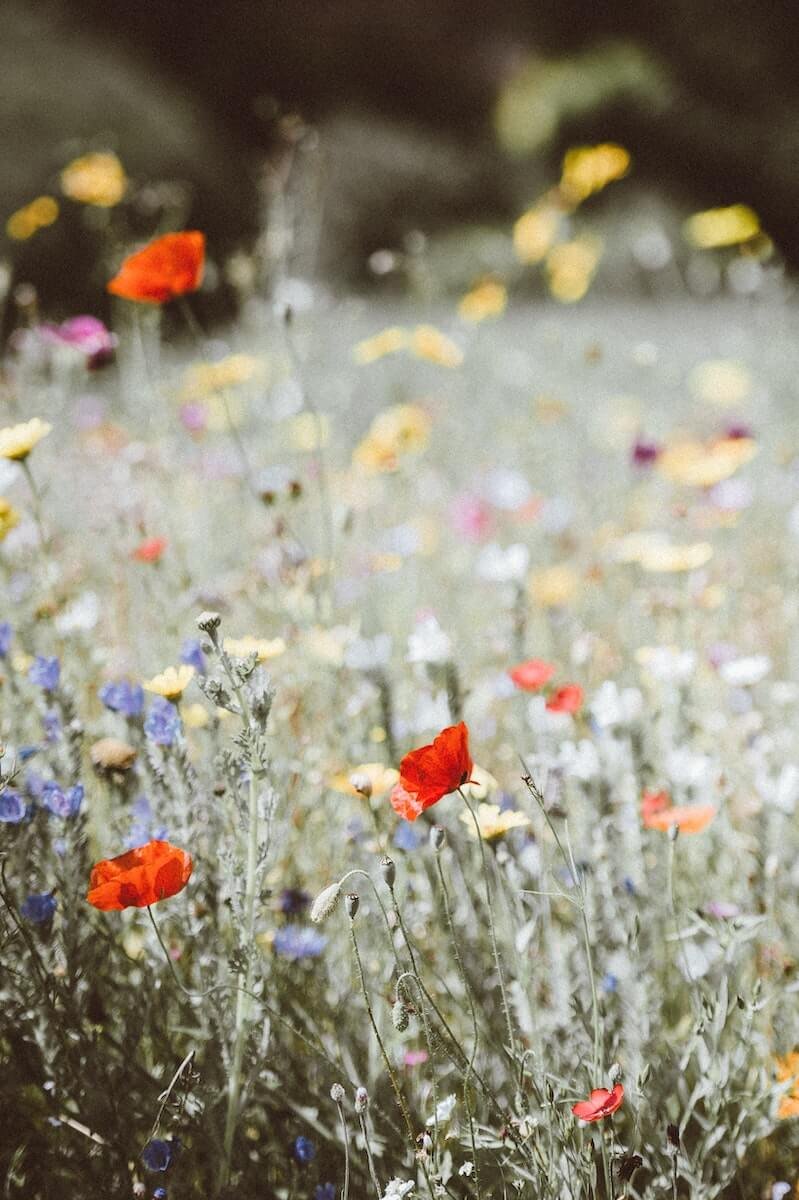
Reader Essay: Lessons From My 60th Year
This essay was reader-submitted for our Summer Essay Series on themes of growth, aging, transformation, and renewal.
I began the bright and breezy Tennessee day texting, one to my sister and the other to a dear friend.
“Good Morning, I’m going to try a short bike ride today instead of a morning walk.” It was the spring of my 60th year, the year when nostalgia is on hyperdrive.
I had staked out my husband Joe’s unused bike for months in our sparse garage and slowly planned my idyllic ride. I would pedal down paths lined with white crape myrtles, towering cypress and lavender, interwoven with front porches and passersby; maybe, I would even splurge on a wicker basket for the front bar and stop at Dixie’s on Hughes Crossing for sunflowers. I’d turn into an alluring meme: smiling, waving, and coasting the neighborhood.
Alone, I tightened the helmet somewhat, and wheeled the cumbersome bike to our condo’s parking lot. The seat seemed high, but I was almost sure Joe had lowered it. He was at work and my mind was made up: today was Bike Day; I already sent the texts! I’ve ridden a bike with a high seat before, even if it was close to 50 years ago. Riding would certainly come naturally even if I haven’t cycled in…I couldn’t really remember the last time.
The back of the building was sparse, with cars parked in #302 and #304, two out of the 16 units. It was Wednesday, the day of the week when most people were working or erranding; it felt liberating to be alone in what I imagined would be my new daily routine.
I attempted to straddle the bike and quickly landed on my left foot. I hopped up a second time and barely made it on the seat’s edge when I toppled in an oxymoronic way, so slowly that I recall each section of the landscape as I descended: building-window-ground, yet also so quickly to prevent halting the impact. I hit hard on my left side, including my helmeted head. Dazed, I wondered what had happened.
I wheeled the blameless bike back to the garage, returned to my condo (still helmeted), then wandered back again to return the helmet. I decided to take a walk; falling didn’t equal exercise. That’s when I paused… I considered what had taken place.
I had forcefully landed on the pavement. Perhaps, resting was best since my head didn’t feel right and a purple bruise was forming on my hip. The next texts sent to my sister and friends were from Joe, after we returned from the hospital: “Just to let you know, Joyce suffered a concussion from a bike fall.”
Falling was a painful epiphany: I am aging. I am not six; I am only several months from 60. There is wisdom in this body somewhere and my fall found me searching for its hiding place.
“There is wisdom in this body somewhere and my fall found me searching for its hiding place.”
On the first time driving since the concussion, I took my 92-year-old mother to the grocery store. We’ve decided having a list is better; we don’t have to go up and down every aisle. We slowly marked off each item as she used the cart as a make-shift cane: capicola ham, ½ loaf of bread, sliced cantaloupe, the batteries with the bunny. We arrived at the laundry detergent. I picked up the small bottle as my mother stopped me.
“I buy the large bottle,” she said.
“Mom, we always buy the small bottle; the large one is very heavy.”
This banter (the kind my mother thrives on) only lasted two rounds. I decided the argument wasn’t necessary; it’s laundry soap! “Mom, if you want the large one, go ahead.” She smiled and attempted to maneuver the massive soap off the shelf as I closely watched; it was too much for her. We proceeded without fanfare, the small bottle seated in the cart.
“I have been thinking, though, is there an ending age to vulnerability?”
I read recently how children are vulnerable because they can’t rectify their situation. This is inarguable. I have been thinking, though, is there an ending age to vulnerability? Is the thought that at a certain age we replace vulnerability with autonomy? Do we have this sense that we can finally live our lives relying on our own decisions, or could the most loving way to age be a type of tethering?
First, a layer of autonomy, followed by a tethering to others. This tether shield acts as a protective layer. Whether it is a bike mishap, a physical disability, decisions about moves or jobs, we need a buffer beyond ourselves, a type of tribe to live life well, not only as children, but as adults.
Wisdom literature states, “Two are better than one…if either of them falls down, one can help the other up.” Why didn’t I wait to ride the bike? I didn’t believe I needed anyone. If someone was there, a caution most likely would have surfaced —“that seat is too high for you”—a confirmation of what I silently knew. It might have been followed by a “let me try to lower it,” which, in all disclosure, I tried but was unable. Maybe someone else would have had the know-how to budge the lever.
The crape myrtles, now in midsummer, create an illusion of snow falling as I pass them on foot each morning. Walking creates a pocket of time to sit on a nearby bench to watch the wind whisk the petals. The bike belongs to someone new who will relish it as I decide whether to purchase one for my smaller stature. I recognize that I misjudged this situation. I appreciate autonomy, yet I also acknowledge my human vulnerability, a condition that still requires tethering as I age.
Joyce Fazio holds a Bachelor’s and Master’s degree in English from The College of New Jersey. She spent the last 26 years enlivening high school and community college classrooms. She lives in Tennessee where you can find her wandering around nature with her husband of forty years, playing with her grandson, or writing. She attempts to live the poetry of life, simply and contemplatively.



